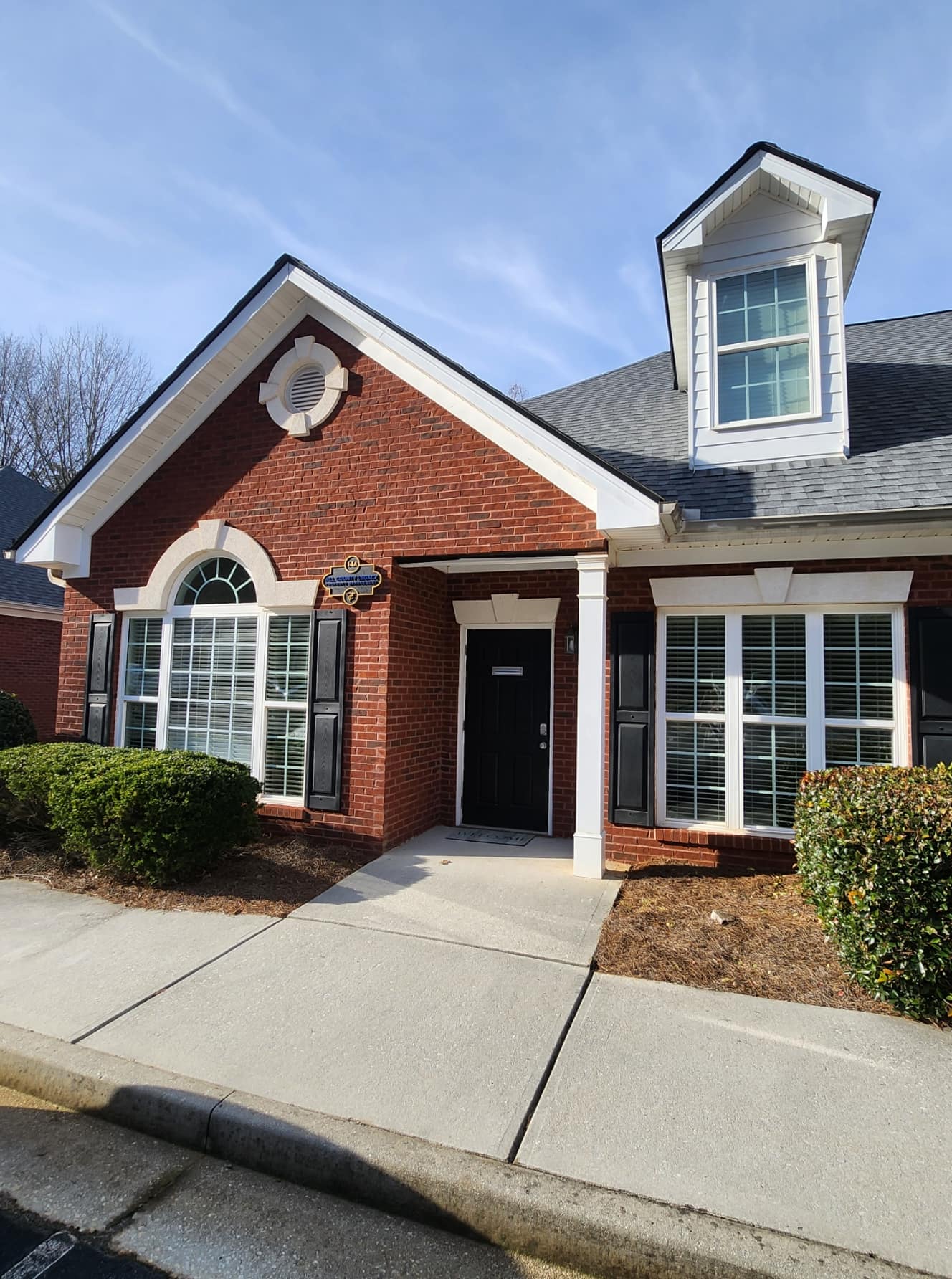Residential Property Management in Snellville, GA
Serving Snellville, GA & surrounding areas.
We're a full-service property management company.
At All County Legacy, you get the best return on your property investment. We’ll help you avoid problems that could cost you money down the road. We understand just how important your real-estate investment is to your financial well-being. That is exactly why we focus exclusively on residential property management and nothing else.
Learn more
We provide property owners the following benefits:
What we do best.
Our expertise makes it easy.

Residential Property Management
We believe in doing one thing and doing it right, and we specialize in Residential Property Management. ``We Rent Homes!``

Outstanding Communication
We go out of our way to make sure that you are always informed about the status of your property. You get to decide how often you hear from us.

Transparent Pricing
Our fee structure is pretty straightforward. We make money when you make money, and we don't up charge for maintenance.
Why partner with us?
See why it just makes sense.

Get a better return on investment
Real-Estate investment is all about the long-term payoff. If you have a rental property then you want to be sure you are making as much money as you could from it.
Our experts evaluate your property to get you the best rental rates for your property. We place quality tenants that will take care of the property, and we know all of the rules and regulations you need to comply with so that you avoid costly legal issues in the future.
Effective & transparent property management
All County has been improving and refining our property management practices since 1990. We are clear and upfront about our fees, and we will never charge you for maintenance.
Our property managers will always go above and beyond your expectations to make sure that your property is cared for, and that you know exactly what is going on with your property at any given moment.


Get paired with a knowledgeable professional
If you really want to make the most money from your property in the long run then hiring a property manager is a must. When you hire All County to manage your property you get paired with a knowledgeable property management expert to help you maximize your ROI while avoiding the headaches of trying to do it yourself.
Get in touchTestimonials
View all testimonialsSee what people say about us
"The staff at All county are exceptional!! They all have customer service skills that are unheard of! They take care of every thing inside and outside of our townhome promptly..."
"All County has been a great property manager for the house we've rented. Anytime we've needed assistance with maintenance, their team jumps right on it, and they do..."
"All County is really amazing, they are extremely reliable and always ready to help. If you're looking for an excellent team that is dependable and does an exceptional job..."
"The warm and professional agents always go out of their way to include me in repairs or work quotes and to provide me with excellent advice and renter information. I..."
Available Rentals
View all rentalsSee what's available for rent
For rent
Apartment Unit
241 Windy Hill Way
Athens, GA 30606
Avaibility: Now
For rent
Room for Rent
481 O’Conner Boulevard
Athens, GA 30607
Avaibility: Now
For rent
Single Family
3825 Laurel Falls Drive
Snellville, GA 30039
Avaibility: Now
For rent
Single Family
4370 English Loop
Lithonia, GA 30038
Avaibility: Now
Our story
Learn about who we are
All County® Legacy Property Management offers the most comprehensive and systematized property management services in the industry. Backed by over 20 years of experience managing Single Family Homes, Condos, Duplexes, Apartments, and Small Commercial Strip Centers; All County Legacy Property Management gives owners peace of mind and offers tenants the best rental experience.
For qualified renters, we offer expedient and friendly service. Residents are able to pay rent or report repair issues online allowing for quicker response times and consistent results. All of our repair technicians are properly licensed and insured.
Our Property Managers have Licensed Real Estate Agents and members of the National Association of Realtors (NAR) and the National Association of Residential Property Managers (NARPM).
Areas Served Include the cities Lawrenceville, Snellville, Lilburn, and Grayson. If you have an investment property in the area and are in need of Professional Property Management, call us today!
Get in touch
Looking to rent your home?
Let All County Legacy professionally manage your home today.
Looking for a rental?
Click to see all of our available rentals.
Looking for help?
We are happy to help you and answer your questions.
